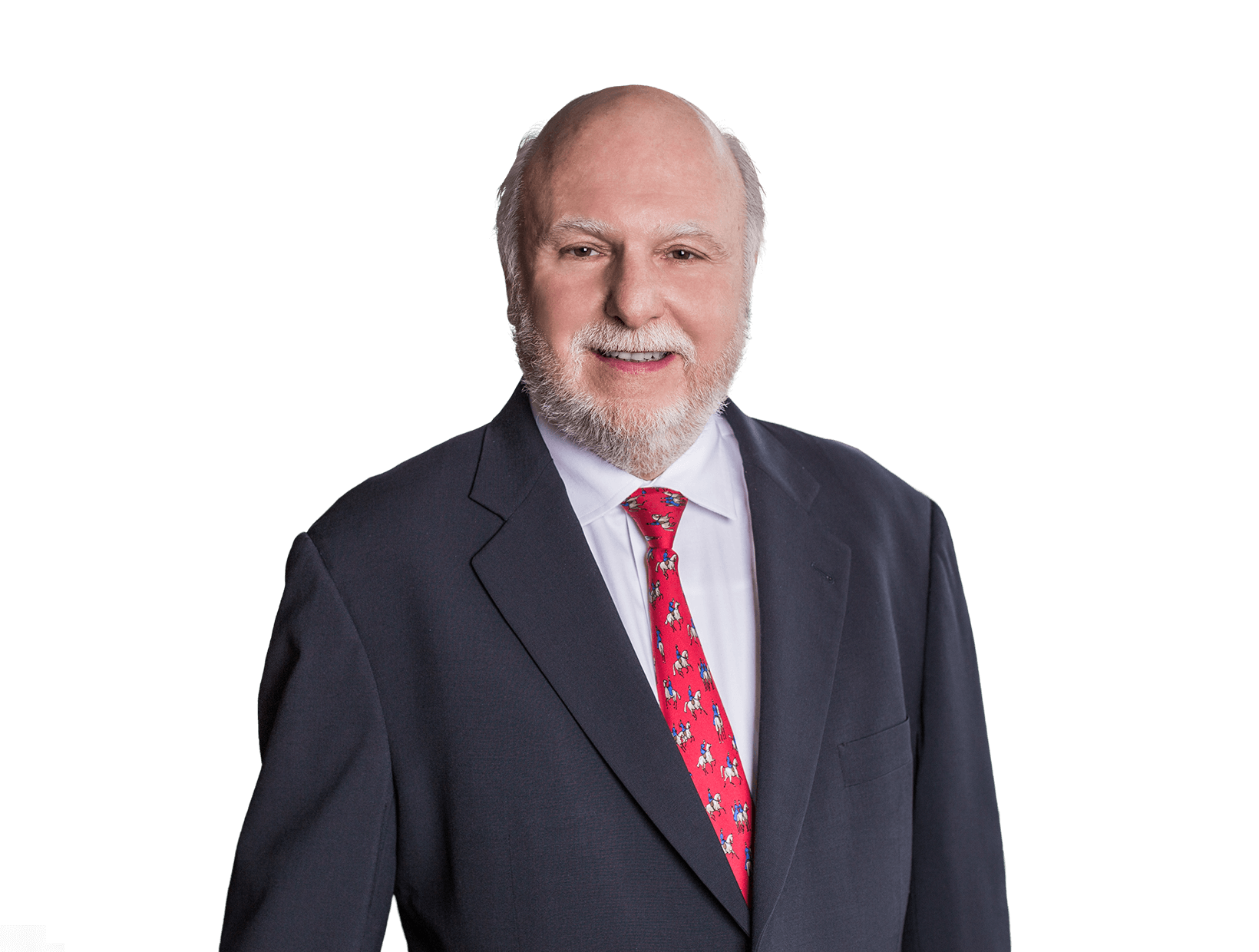Article
Post-Approval Conduct and the Hatch-Waxman Safe Harbor
Pharmaceutical Compliance Monitor
Authors
-
- Name
- Person title
- Of Counsel

This article appeared in Pharmaceutical Compliance Monitor, April 1, 2015 and is reproduced with permission. Read "Post-Approval Conduct and the Hatch-Waxman Safe Harbor" for the rest of this article.
After the Federal Circuit's decision in Momenta Pharmaceuticals, Inc. v. Amphastar Pharmaceuticals, Inc., 686 F.3d 1348 (Fed. Cir. 2012), one might conclude that post-approval conduct is immune under the Hatch-Waxman safe harbor as long as the accused conduct is "for uses reasonably related to the development and submission of information to the FDA." 35 U.S.C. §271(e)(1). This result would most certainly be true if the conduct under consideration occurred before FDA-approval. But the case law, including Momenta itself, suggests that a more stringent test may be applied in analyzing whether post-approval conduct is protected by section 271(e)(1).
The earliest decision addressing the interplay between the safe harbor and post-approval conduct is Wesley Jensen Corp. v. Bausch & Lomb, Inc., 235 F. Supp. 2d 370 (D. Del. 2002). There, Wesley Jensen charged B&L with infringement of a patent covering contact lenses. An injunction prohibiting B&L from making, using or selling the accused lenses had been entered, and B&L sought to modify that injunction.
Prior to suit, FDA had granted B&L approval to market its PureVision contact lenses for, inter alia, 30-day extended wear. But "[t]he FDA's approval was conditioned on defendant's conducting a post-approval study to collect follow-up data on the adverse effects associated with using the PureVision product for up to 30 days." The study would last one year. Significantly, "[d]efendant's failure to perform the study and submit the data to the FDA would result in the withdrawal of the approval."
The opinions expressed are those of the authors on the date noted above and do not necessarily reflect the views of Fish & Richardson P.C., any other of its lawyers, its clients, or any of its or their respective affiliates. This post is for general information purposes only and is not intended to be and should not be taken as legal advice. No attorney-client relationship is formed.